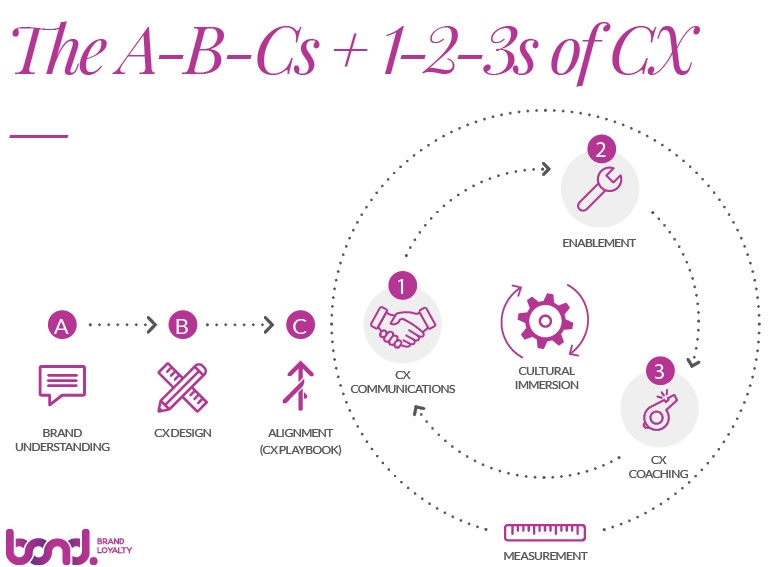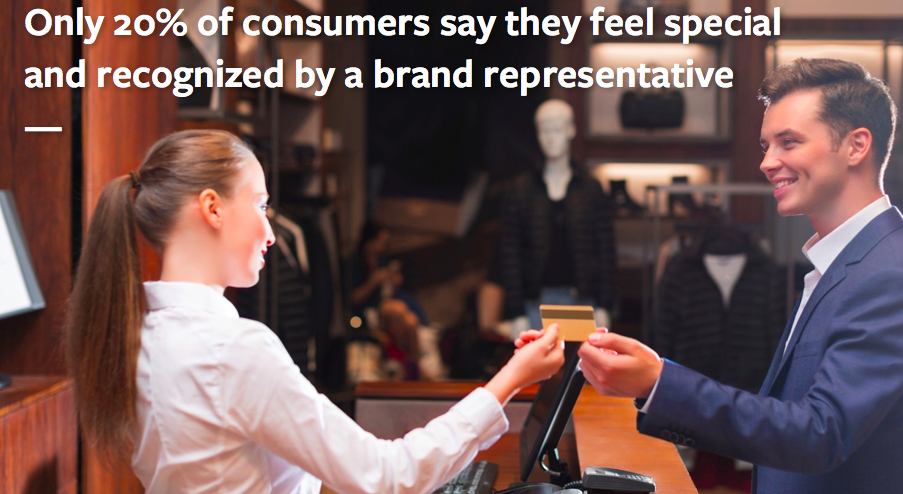Content Writer
Blog
Hard truth: if you’re designing your employee experience (EX) strategies around segmentation by age group, you’re doing it wrong.
Customer experience (CX) has become a critical focus area for businesses seeking to connect with their customers in meaningful ways and differentiate themselves from their competitors. So popular is the topic of CX, it has its own global day (“CX Day”) to celebrate brands that create great customer experiences.
Employees are the face of your brand. They are the difference between a “good experience” and a “great or differentiated experience”—they are the ones that form emotional bonds, and bring the brand promises to life. Numerous studies, have shown that a positive interaction between a customer and an employee results in enhanced brand perception, likelihood to increase spend and more willingness to forgive brand missteps—small and large.
Bottom line: employees can’t be replicated.
Trick vs. Treat: Building a CX Strategy that’s a treat for customers and the bottom line
Content Writer
Building a successful CX strategy can feel like a haunting task. Brands recognize the importance of defining and delivering a differentiated Customer Experience, but often don’t know where to start, or get lost along the journey. The right Customer Experience potion is the combination of a few key ingredients, including a CX strategy aligned with the brand promise, defining the business outcomes your CX work will impact, mapping the entire journey (with the customer), and engaging your employees by creating a CX culture.
Break silos. Demonstrate business impact. Focus on customer engagement.
Full disclosure, this is another article on customer journey mapping. However, let us reframe the conversation to focus on breaking down silos, making customer engagement the priority and quantifying business impact at every key interaction, beyond a single transaction. With our clients, we use a different kind of framework that considers the end-to-end customer journey.
Weclome to a guest blog by Andrew Dorn, Director of Marketing Channels at RedPoint Global, a proud partner of Bond Brand Loyalty.
Loyalty programs have become extremely popular in recent years, and for good reason. Providing rewards to repeat customers is a good way to get them to keep coming back. But that’s not the whole story. To truly engage consumers and keep them loyal to your brand, you need a comprehensive strategy that centers around understanding customer behaviors, preferences, and interaction histories. Only once you have built and implemented this customer engagement strategy you can be confident of driving greater retention and loyalty over time.
A customer obsessed culture is the core ingredient to CX success – but cultural change can be a daunting and difficult journey. You know you’re on the right cutstomer centric path when your organization has developed:
Yes, brands are dazzling customers with virtual and augmented reality, interactive screens and AI-powered everything, yet this provides an opportunity for brands to differentiate through the emotional value customers gain from their entire purchase experience.
It means brands need to get better at being emotional. Customers want “emotional luxury” derived from feeling recognized, special, and known; yet, only 20% of consumers say they feel special and recognized by a brand representative. This is a massive, untapped opportunity for brands to better engage with consumers.
When or Why Would You Need to Hire a Business Coach?
Customer-centricity seems to be the new buzzworthy topic in boardrooms. But a customer “obsessed” culture is not created overnight. One way to accelerate through the change curve is to bring in a coach to ensure that the organization has the right guidance, support and focus needed to create the new customer-centric way of being.
A change toward customer-centricity starts with your people committing to making changes on a personal level. Business coaches are trained to help organizations meet objectives through their people.
Business coaches are individuals who have worked in various aspects of the corporate world, who have extensive real world experience, and who have the business acumen to deal with anyone from a CEO to a frontline employee. Coaches also typically have high EQ’s and the strategic ability to ask the pertinent questions, digging deep to uncover the insights of what’s really going on.








.png)

